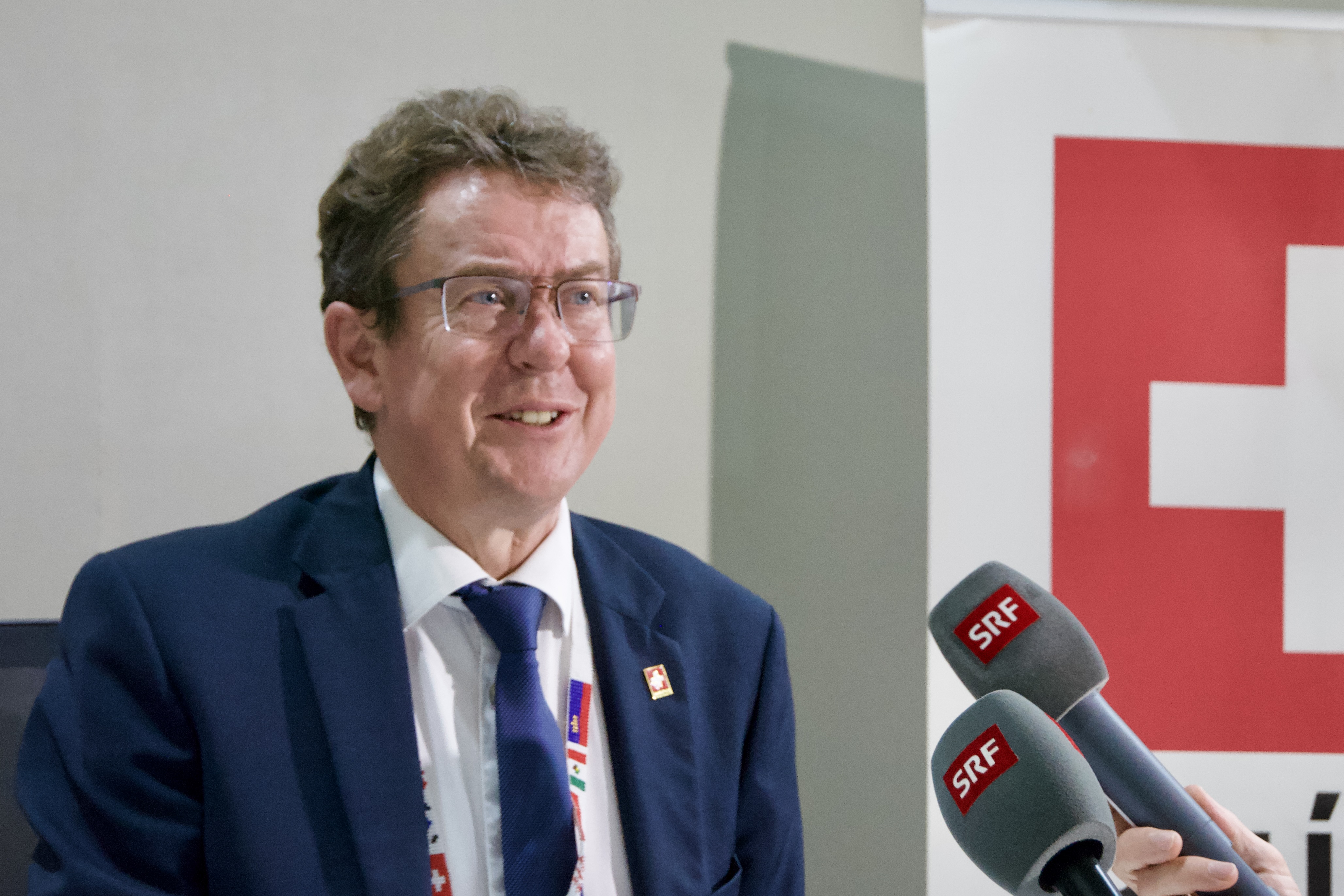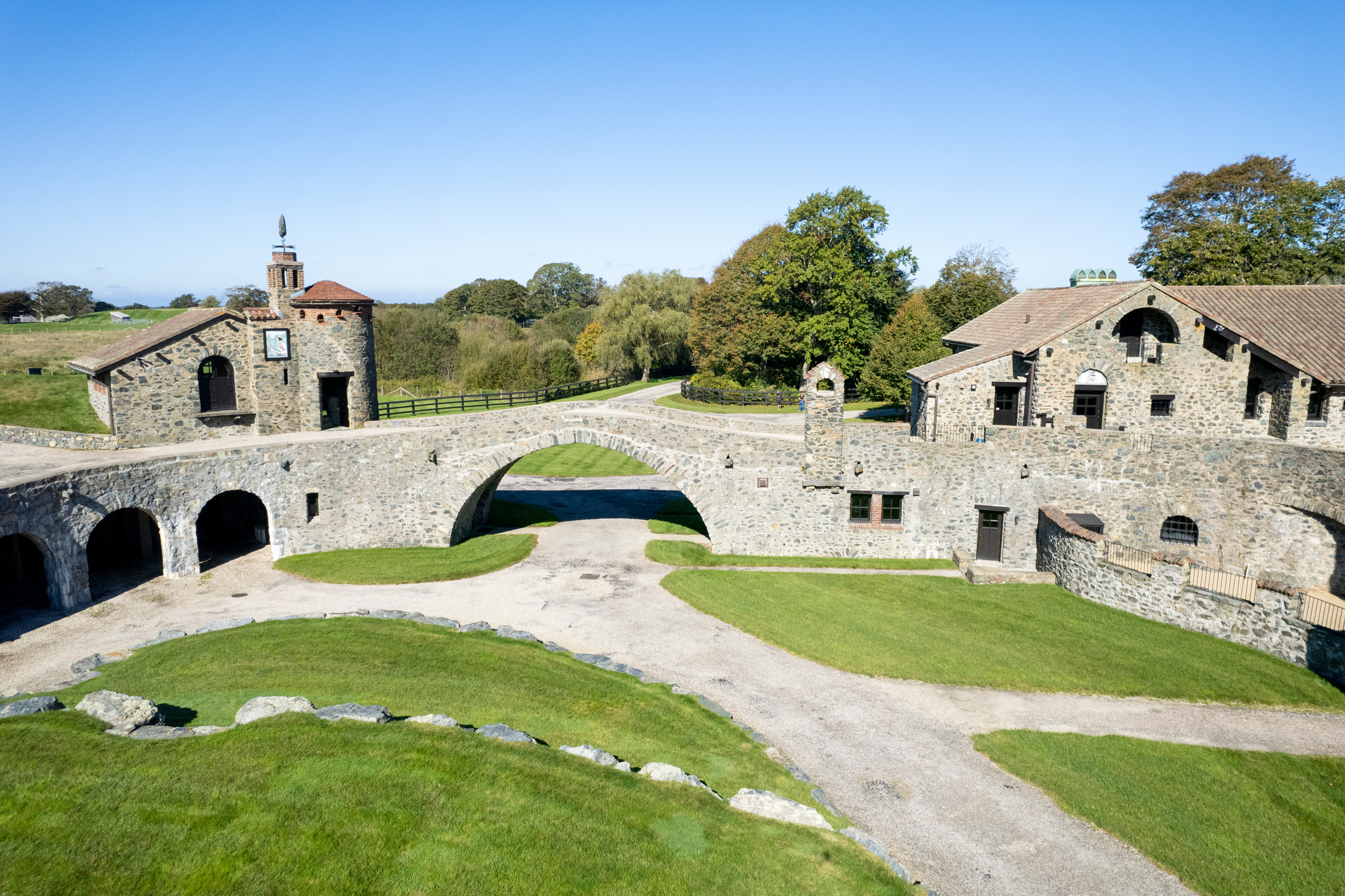
Swissmedic authorises new drug for respiratory disease

Swiss drugs regulator Swissmedic has authorised a new medicine to treat colds and cases of acute bronchitis in infants and young children. Beyfortus is used to treat respiratory tract diseases caused by the respiratory syncytial virus (RSV).
The step was taken “after careful consideration”, Swissmedic said on Thursday. It is an important step towards prophylaxis against RS viruses, a common cause of respiratory diseases, a Swissmedic spokesperson told the Swiss News Agency Keystone-SDA.
Paediatricians and children’s hospitals in particular have been waiting for the approval. According to the Swiss government, RSV infections in small children in Switzerland lead to around 1,000 hospital admissions per year.
+ Worrying shortage of medicines in Switzerland
Beyfortus from the pharmaceutical company Sanofi-Aventis is used as a prophylaxis; it is not a vaccine in the conventional sense. The drug is administered intramuscularly as a single injection. Beyfortus is the second such drug against RS viruses. The product Synagis has been authorised in Switzerland since 1999.
RS viruses are common pathogens worldwide and cause many colds in autumn and winter. In newborns and infants, they can lead to pneumonia and hospitalisation.
However, they can also cause severe respiratory illnesses and become dangerous in older people and those with weakened immune systems. According to the British pharmaceutical company GSK, the virus causes more than 270,000 hospital admissions and around 20,000 deaths during hospitalisation in people aged 60 and over in Europe every year.
Catch-up effect after pandemic
After the Covid pandemic subsided, severe respiratory diseases increased significantly again in many countries around the world. Some paediatric clinics were overrun with patients. Experts suspect that this is due to a catch-up effect after the pandemic, when comparatively few children came into contact with RSV.
+ Atypical pneumonia making post-Covid comeback, say Swiss researchers
The disease can currently only be treated symptomatically. An RSV infection does not leave any lasting immunity. The virus can therefore re-infect people of any age.
No vaccine against RSV is available in Switzerland. The EU Commission authorised the vaccine Arexvy in the summer, and the US did the same before that. Vaccines against the RS virus had been sought for years. Experts believe that they could generate billions in sales over the next ten years.
This news story has been written and carefully fact-checked by an external editorial team. At SWI swissinfo.ch we select the most relevant news for an international audience and use automatic translation tools such as DeepL to translate it into English. Providing you with automatically translated news gives us the time to write more in-depth articles. You can find them here.
If you want to know more about how we work, have a look here, and if you have feedback on this news story please write to english@swissinfo.ch.

In compliance with the JTI standards
More: SWI swissinfo.ch certified by the Journalism Trust Initiative



























You can find an overview of ongoing debates with our journalists here . Please join us!
If you want to start a conversation about a topic raised in this article or want to report factual errors, email us at english@swissinfo.ch.